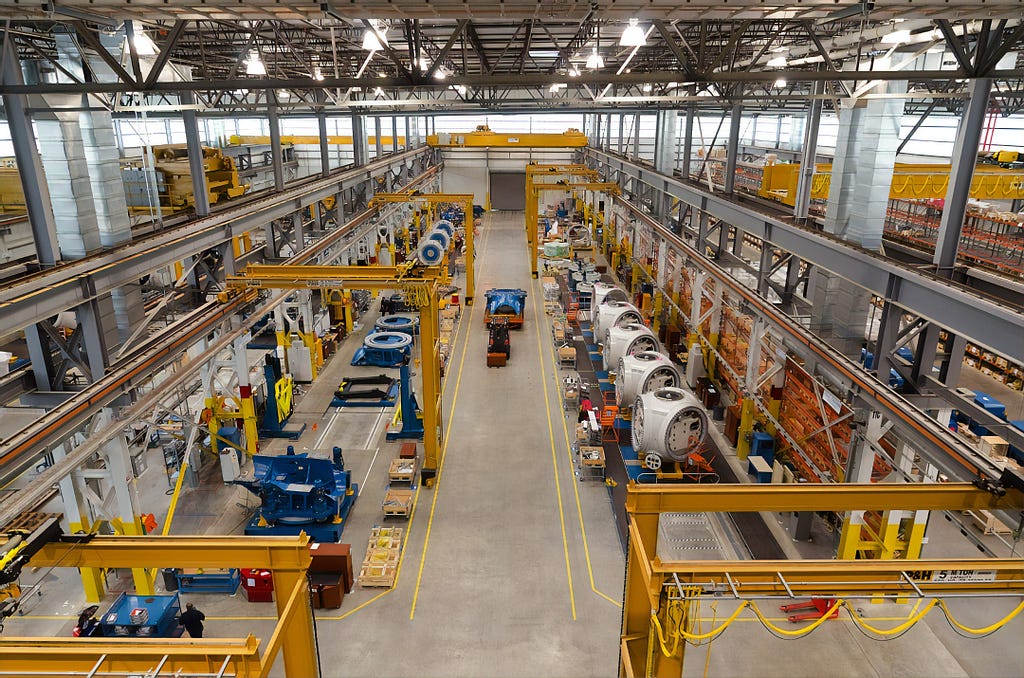This content originally appeared on Level Up Coding - Medium and was authored by Thenjiwe kubheka
As a society, we were never prepared for the previous industrial revolutions, this could be the reason for the inequality gaps and poverty in our society. We need to prepare for the 4th industrial revolution.

We are witnessing the beginning of the 4th industrial revolution, often referred to as “The Robot Apocalypse”. Instead of demonizing and fearing the technology revolution, let’s rather plan and prepare for it.
Globally an increasing number of companies are adopting and utilizing robotics, artificial intelligence, and automation to fast track production.
This is ideal for them as a robot does not fall ill, no need to pay wages and incentives, most importantly goodbye unionized actions.
With this said, the negative effects are far more dire:
- When automation takes over people lose their jobs, unemployed people cannot pay income tax, which affects the government's income and expenditure.
- With less revenue collected by governments and an increased burden, how will social grants and the state be subsidized?
- Unemployed citizens do not have buying power and hence cannot contribute to the economy, this will lead society into a global recession and The Great Depression.
To solve this issue a robot tax has been proposed, for this to happen the definition of a robot should be clearly defined and outlined.
What is a robot and can it be assigned a legal personality, we have already assigned such to corporations. This has enabled corporations to enter into contracts, be held liable for their actions and is subject to taxation. The same should apply to robots.
How Do we Tax Robots?
- One of the options is to levy the tax at the level of enterprise, if a corporation is reliant on automation and algorithms it should be taxed. This taxation method should correspond to the salaries the company should be paying.
- The second option is a bit more futuristic, but as I said we need to prepare. The second option includes taxing the robots themselves. It is futuristic as robots are not yet compensated for their actions.
- Another would be to add Value added tax to the robots. Value added tax is a tax on consumption when you buy food or the supply of services. Again we need to play around with definitions, medical service supplied by a medical doctor or a human lawyer vs services supplied by algorithms. Algorithms are just as effective if not better but are they the same.
Concluding we need to coordinate these laws on an international level such as the United Nations, to avoid “Robot Havens”. Also, the issue of double taxes is a burning issue. If we tax a corporation on enterprise, should we not give deductions on costs associated with designing the robot, supervising the robot, the software development.
Additional Resources
The case for taxing robots - or not | MIT Sloan
Why We Need To Tax Robots! was originally published in Level Up Coding on Medium, where people are continuing the conversation by highlighting and responding to this story.
This content originally appeared on Level Up Coding - Medium and was authored by Thenjiwe kubheka
Thenjiwe kubheka | Sciencx (2021-08-16T15:56:16+00:00) Why We Need To Tax Robots!. Retrieved from https://www.scien.cx/2021/08/16/why-we-need-to-tax-robots/
Please log in to upload a file.
There are no updates yet.
Click the Upload button above to add an update.
